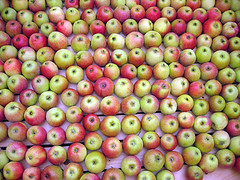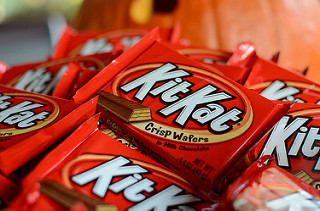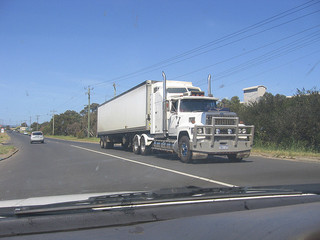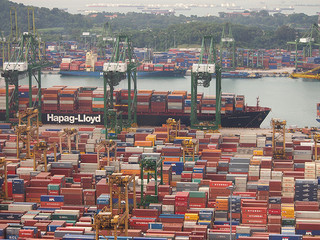Food Fight: Russian Trade Sanctions Impact Produce Prices and More

According to the BBC, “Food prices are rising in parts of Russia and experts say the state embargo on imports of Western food appears to be making things worse. Since the ban was imposed on Aug. 7 imported pork used in processed meat in Moscow has gone up by 6 percent.”
This article is for Premium Members only. Please login below to read the rest of this article.
Not a Premium Member yet? Become one today.
[login_form redirect=’https://www.procurementbulletin.com/food-fight-russian-trade-sanctions-impact-produce-prices-and-more’]
[show_to accesslevel=’Premium Members’]
Despite the impact on Russia by way of its displaced European food suppliers and manufacturers, new opportunities have emerged in other global markets.
Reuters notes, “Russia’s ban on many western food products presents a massive opportunity for meat and grain exports from agricultural powerhouse Brazil and a smaller one for its Latin American neighbors. Around 90 new meat plants in Brazil were immediately approved to export beef, chicken and pork to Russia and the South American nation is already working to increase its exports of corn and soybeans sales to Russian buyers”
In addition to South American countries, China’s farmers and agricultural organizations have also expressed interest in Russia’s food industry. The country traded $2.1 billion in pastoral food products last year.
However, these opportunities appear to be more fruitful for the trading companies than they are for Russia. In some parts of the country, the cost of Chinese apples has increased by about 33 percent. The cost of other foreign products, including meat, continues to rise, as well.
A report by Forbes explains that Russia relies heavily on food imports: “Moreover, Russia could find itself in a bind if the E.U. or the U.S. demanded that trading partners like Brazil restrict access to its market or face its own punishment. That does not appear to be in the cards at this time. Russia currently imports around 16 percent of its food by value, and its domestic consumption of meat, fruit, vegetables and dairy outpaces its domestic capacity to produce it.” [/show_to]







